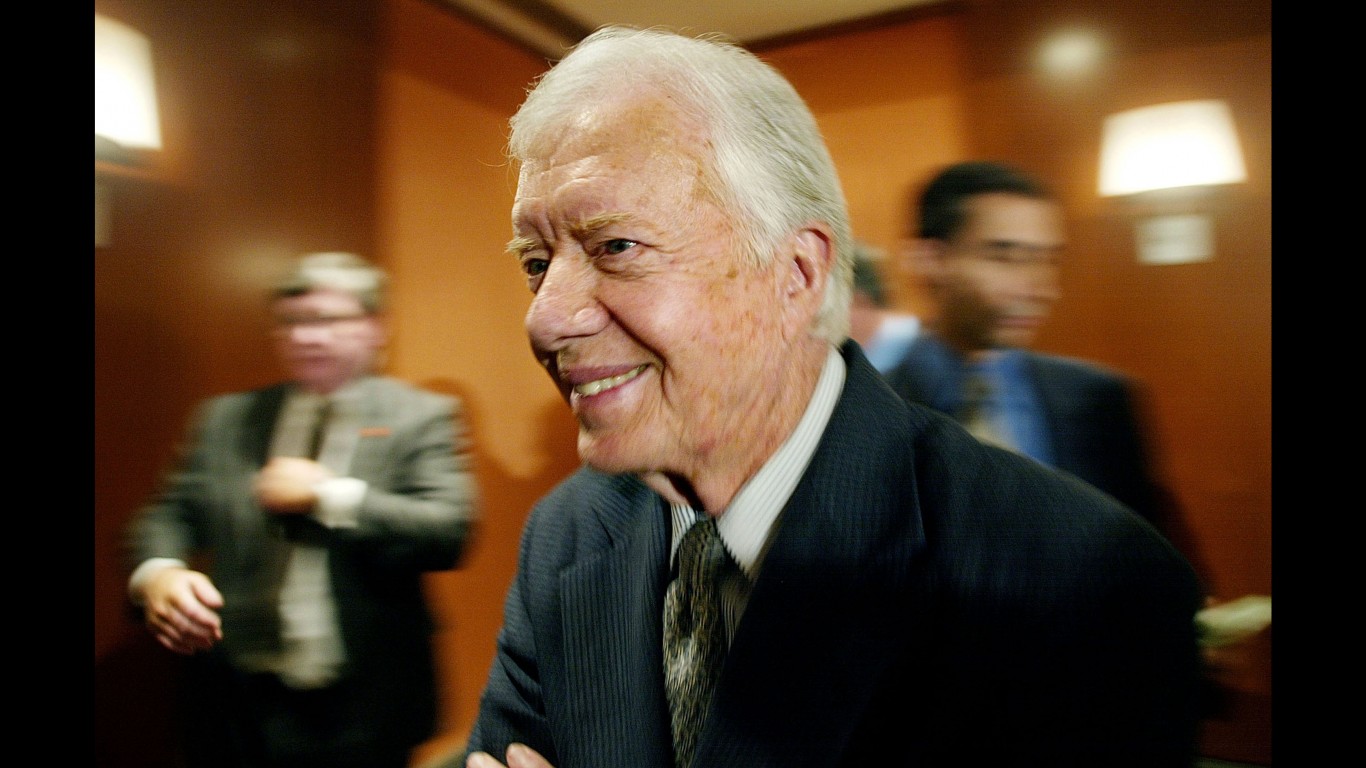
The oldest living former president in U.S. history turns 99 today. He was diagnosed with cancer, subsequently cured, in 2015 and more recently suffered a brain bleed from a fall and a urinary tract infection, opted to spend his remaining time at home and not receive additional medical intervention. (These are the stories behind the deaths of 39 American presidents.)
To compile a list of 25 facts about Jimmy Carter, 24/7 Tempo consulted websites including Britannica, Oxford Research, The White House, and The Department of State. In assembling the list, we chose achievements of the 39th president’s career before, during, and after his presidency, as well as some disappointments in his career.
The son of peanut farmers born in Jim Crow Georgia in 1924, Jimmy Carter graduated from the U.S. Naval Academy and served as a nuclear engineer before returning to Georgia to run the family’s peanut business.
Carter was elected Georgia governor in 1970 as the vanguard of a new generation of Southern leaders. He then tapped into the nation’s post-Watergate disillusionment with government by running for president as an outsider who championed human rights. In a close race, the Democrat Carter defeated GOP incumbent Gerald Ford in the 1976 election.
Inflation and joblessness soared during his presidency. His ineffectual leadership in foreign affairs was symbolized by his inability to free U.S. hostages seized in Iran. These issues overshadowed his domestic and peace-seeking achievements, which included the unprecedented inclusion of minorities and women in government and his brokering of the Camp David Accords between Israel and Egypt. Despite these accomplishments, Carter failed to win a second term, losing to Republican Ronald Reagan in a landslide.
Carter’s post-presidency career has been among the most distinguished of any former president. He championed the work of Habitat for Humanity, an organization dedicated to building homes for the poor, and for his work in diplomacy and advocacy, both during and after his presidency, he received the Nobel Prize for Peace in 2002. (Can you solve these real life “Jeopardy!” clues about U.S. presidents?)
Click here to learn 25 facts you should know about Jimmy Carter
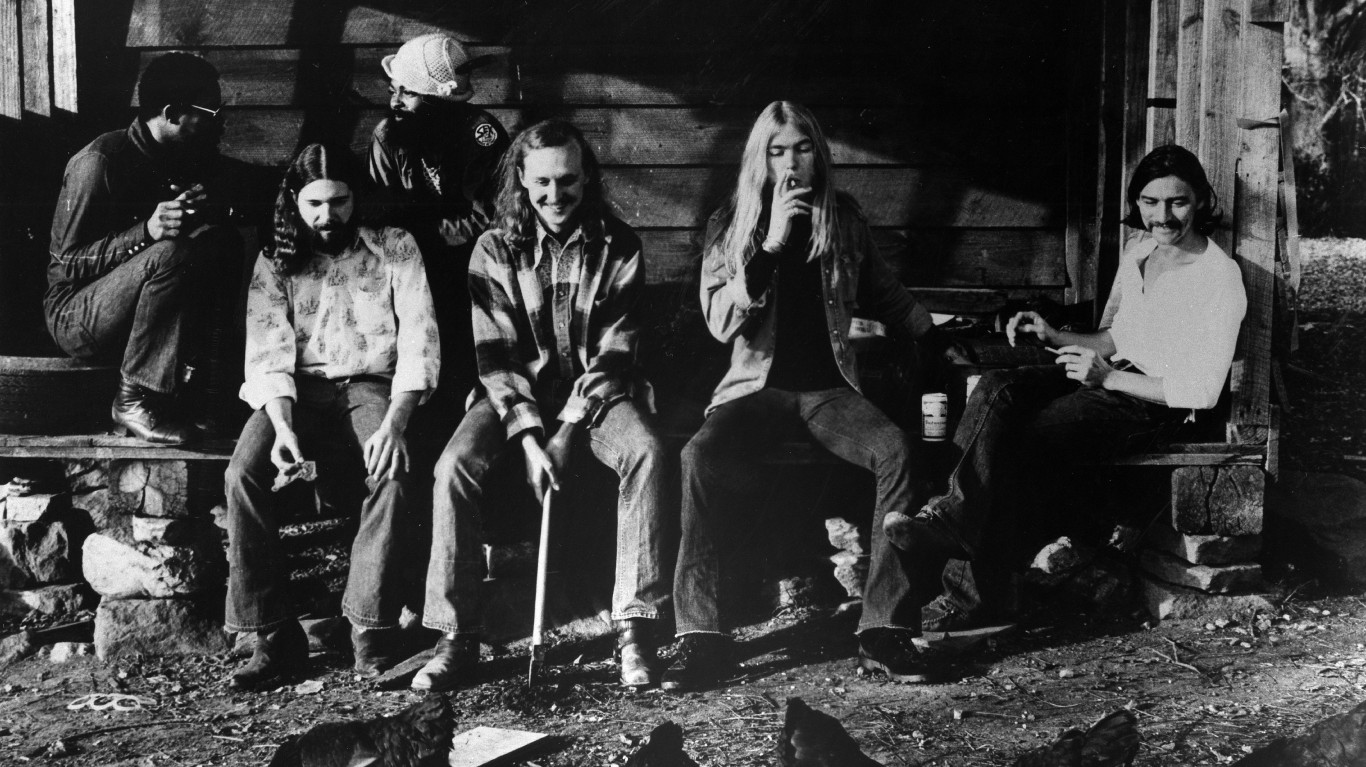
The Allman Brothers helped save his campaign
Did the Allman Brothers play a role in saving Jimmy Carter’s 1976 presidential campaign? Carter thinks so. In a 2015 interview, he said his presidential run was helped by Georgia’s favorite rock ‘n’ roll sons. His campaign was in debt when the Allmans raised $64,000, allowing Carter to double that with matching government funds.
[in-text-ad]
He served with Admiral Rickover
After graduating from the U.S. Naval Academy in 1946, Jimmy Carter served under Admiral Hyman Rickover, the father of America’s nuclear submarine fleet. Carter oversaw a crew that built the second atomic submarine, the USS Sea Wolf. The academy named a building in honor of Carter, a day before he entered hospice care this February.
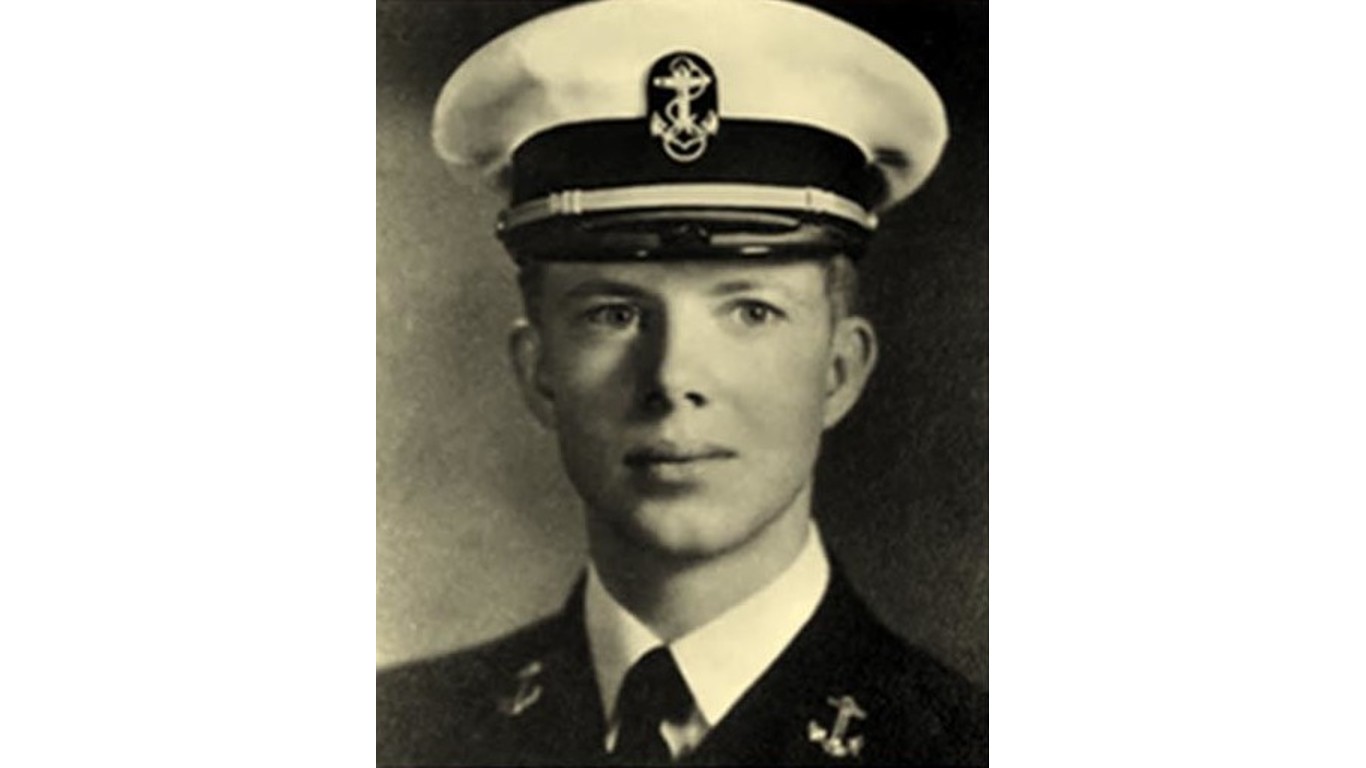
He averted a nuclear plant disaster
When Carter was serving as an engineer in the U.S. Navy, he was among the first assigned to America’s nuclear submarine fleet. In December 1952, an accident at Canada’s NRX nuclear research reactor at Chalk River, Ontario, caused a loss of coolant to the reactor and the core was severely damaged. The future president was sent to the site and led a team of American servicemen who assisted in dismantling the reactor.
He was a Sunday school teacher
From 1981 through 2019, Carter taught Sunday school at Maranatha Baptist Church in Plains, Georgia, his hometown. He was dedicated to his class and taught it every Sunday, even on the day his beloved grandson Jeremy died unexpectedly in 2015.
[in-text-ad-2]
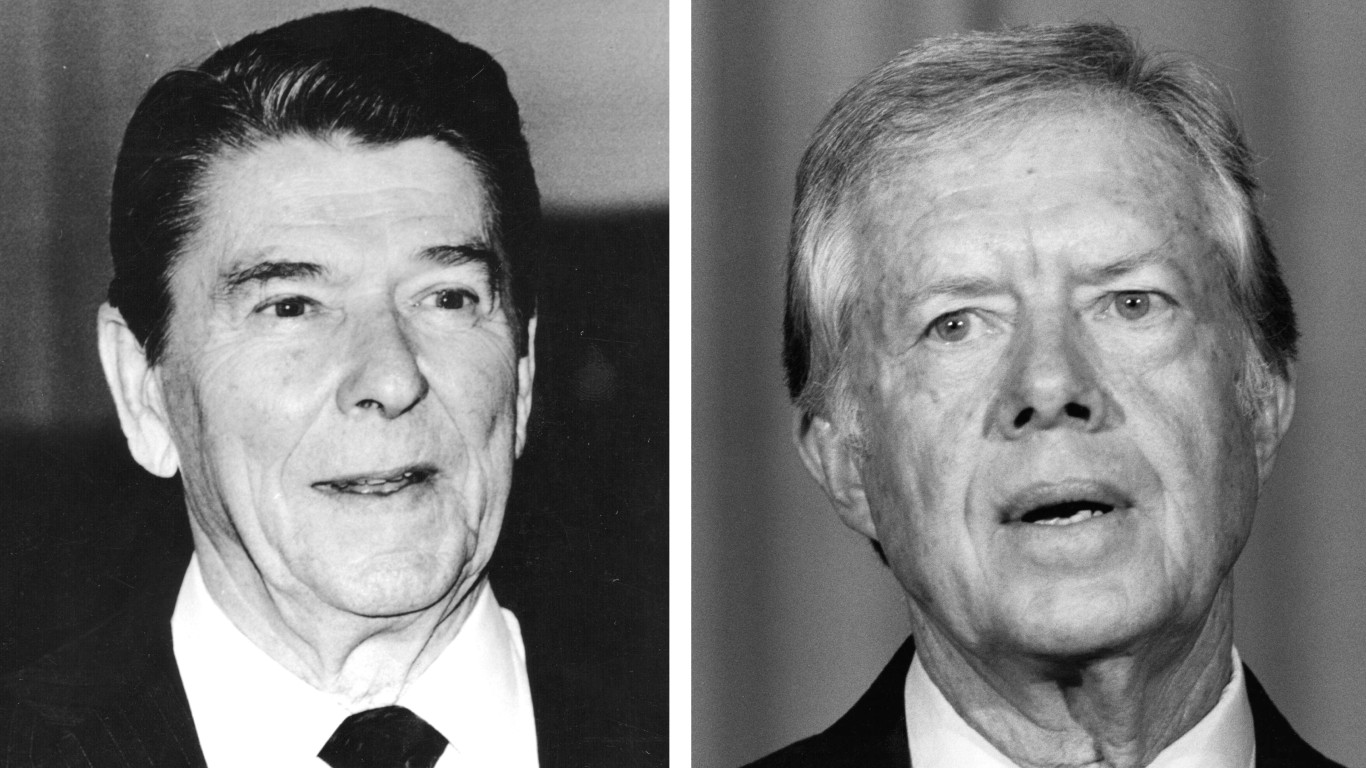
He was blamed for ailing economy
Carter’s one term was plagued by an ailing economy, which was one of the factors behind his loss to Ronald Reagan in 1980. The GOP challenger referred to the “misery index” of more than 20%, which combined inflation and jobless rates. Critics said Carter lacked a coherent policy to address the nation’s economic woes.
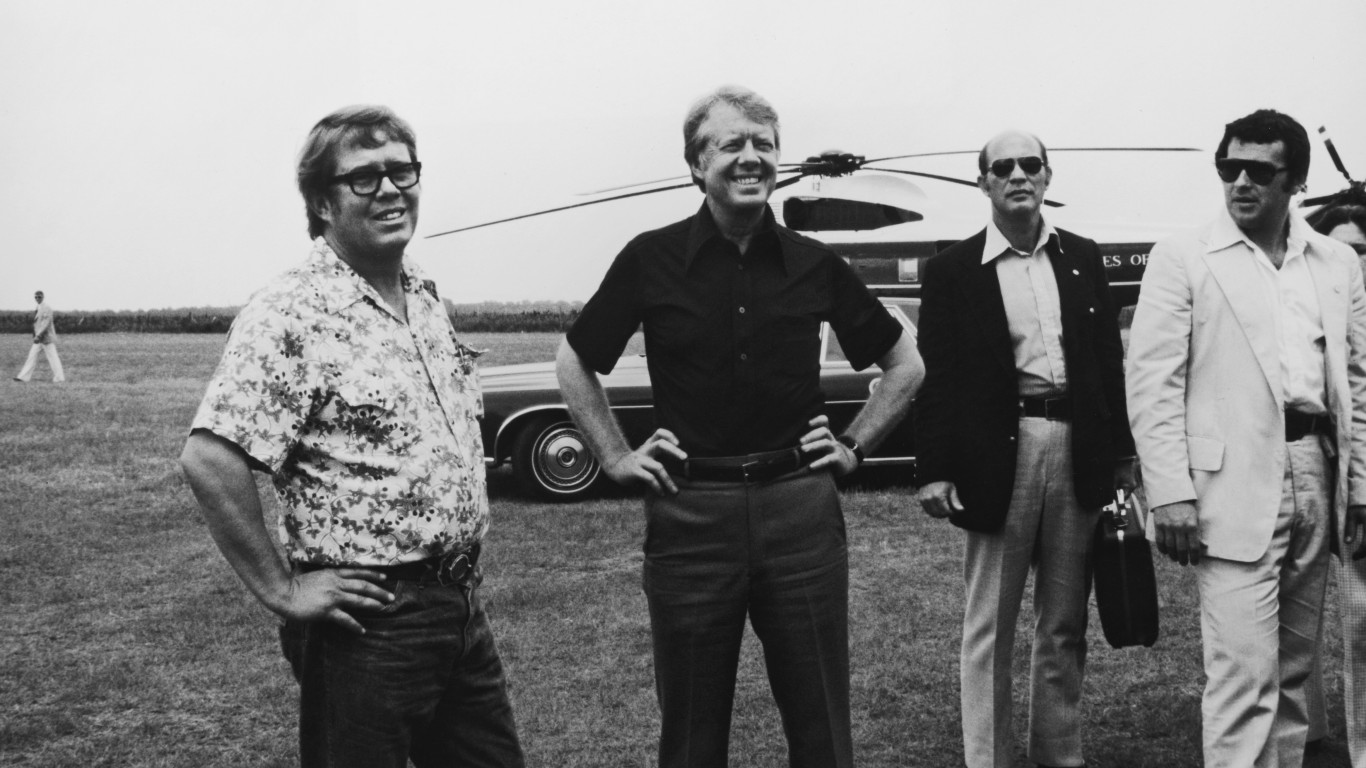
He was touched by two scandals
Although he was not directly involved, two scandals hurt President Carter’s image of probity. Bert Lance, the director of the Office of Management and Budget and a close friend of the president, was accused of financial indiscretions as a Georgia banker. Lance resigned and was eventually cleared of charges. Another scandal involved Carter’s brother, Billy, who was accused of being an influence peddler for the Libyan government of Muammar al-Qaddafi. Senate investigators determined that Billy had acted improperly, but had not influenced the president.
[in-text-ad]
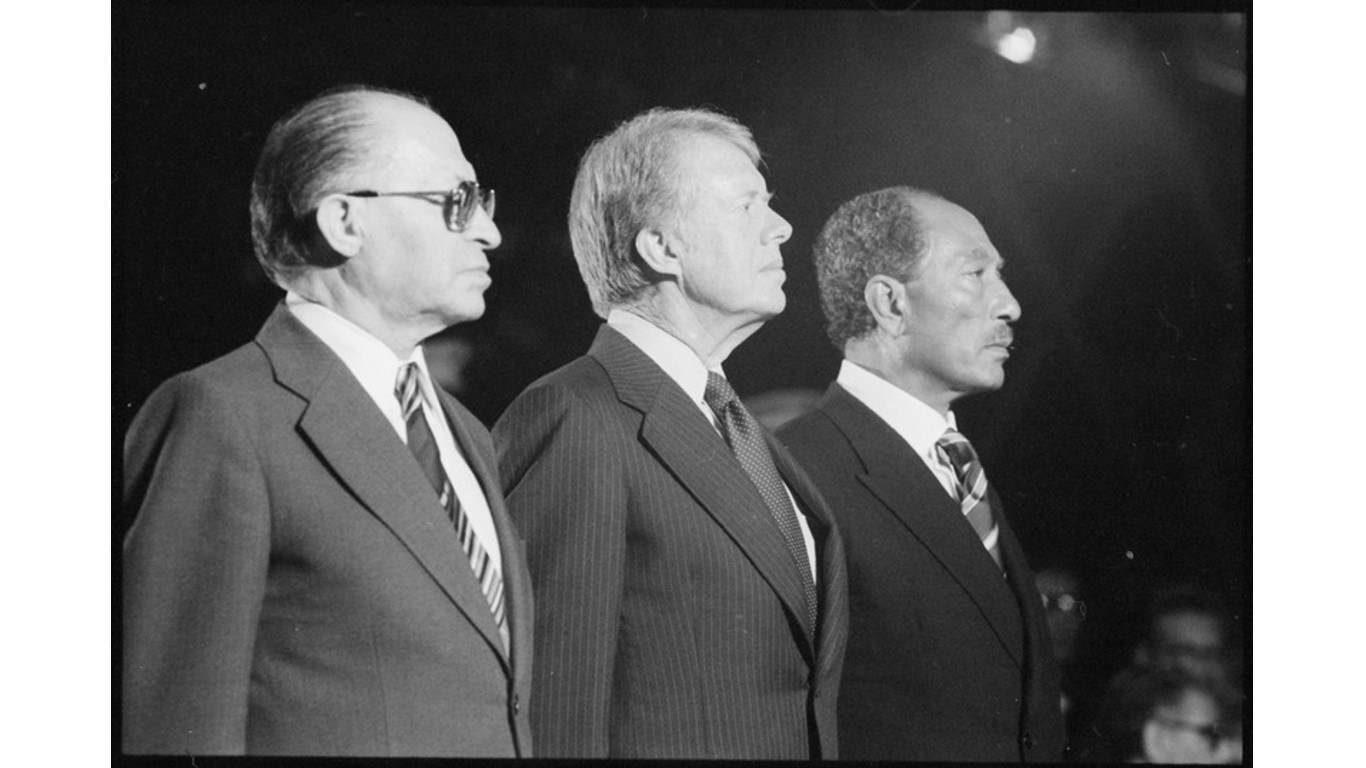
He was responsible for the Camp David Accords
Carter’s greatest foreign policy achievement was helping Egypt and Israel forge the Camp David Accords in 1978, ending hostilities between the two countries. The two had effectively been at war since the founding of Israel in 1948. Although Carter helped broker the historic pact, he did not win the Nobel Peace Prize for his achievement: It went instead to the principals of the Accord, Menachem Begin of Israel and Anwar el-Sadat of Egypt.
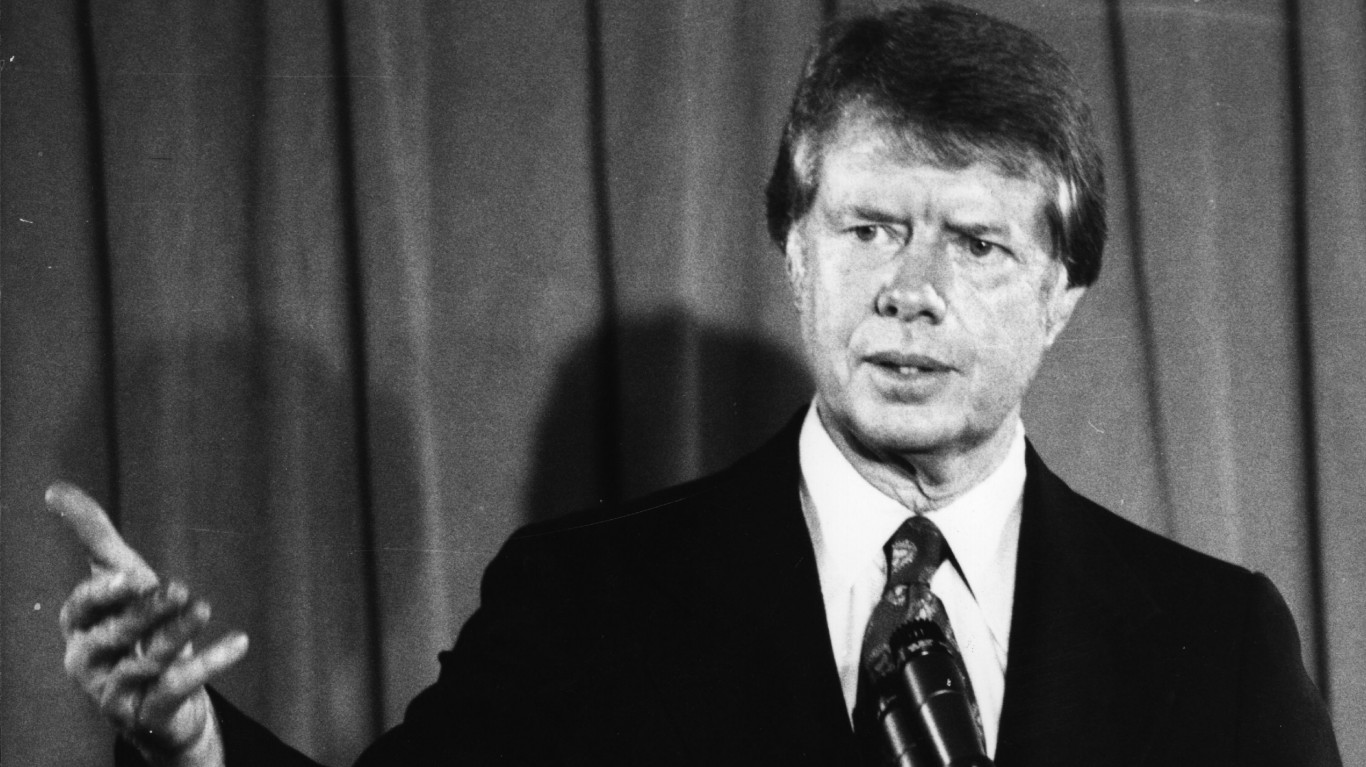
He campaigned as an outsider
In his campaign for president, Jimmy Carter ran as an outsider, a representative of a new generation of Southern leadership, and emphasized his integrity. His campaign resonated with a nation disillusioned by the Watergate scandal and general distrust of government leadership.
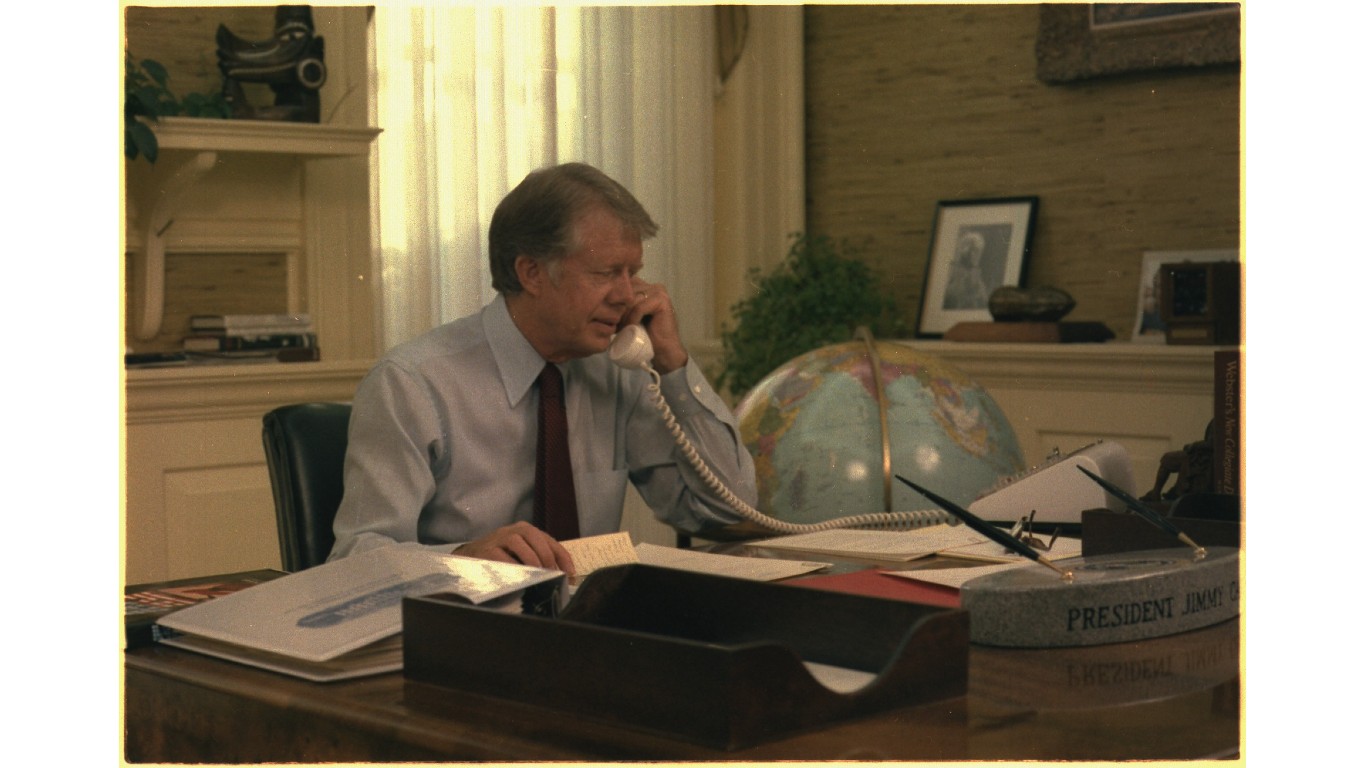
He promoted reform and deregulation
Carter conducted the first civil service reform in 100 years. He also deregulated airlines, leading to more competition and cheaper fares; trucking, which led to just-in-time delivery; and utilities, encouraging them to use clean energy.
[in-text-ad-2]
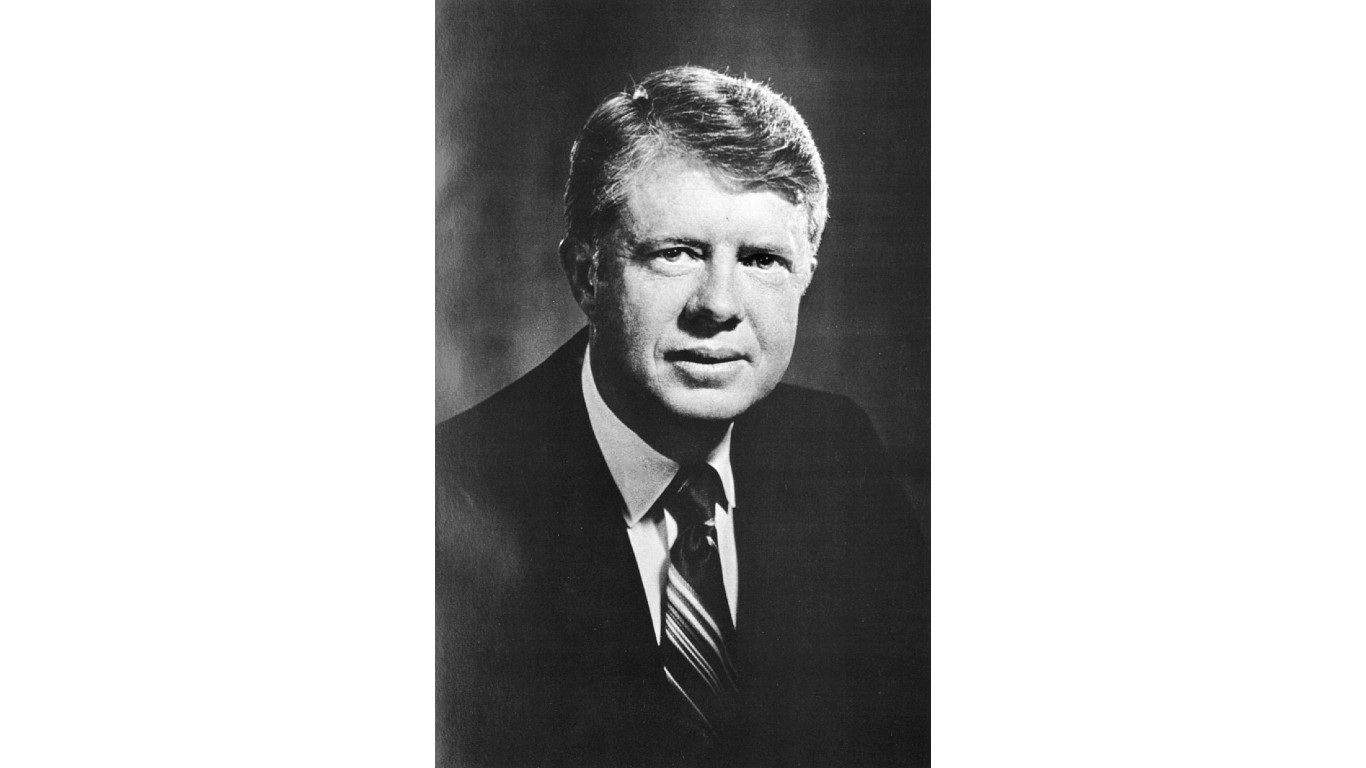
He was elected governor of Georgia in 1970
Georgia was still in the throes of Jim Crow in 1966 when Carter lost his first bid for governor. By the next election, in 1970, the South was changing, but Carter, who believed in integration, tip-toed around the issue during the campaign. It was during his inauguration speech that he said that the era of racial discrimination was over – shocking many of the segregationists who had supported his campaign.

He was responsible for environmental initiatives
The Carter administration created the Department of Energy and a Superfund to clean up hundreds of hazardous waste sites all across the United States, and provided resources to reduce strip-mining damage.
[in-text-ad]
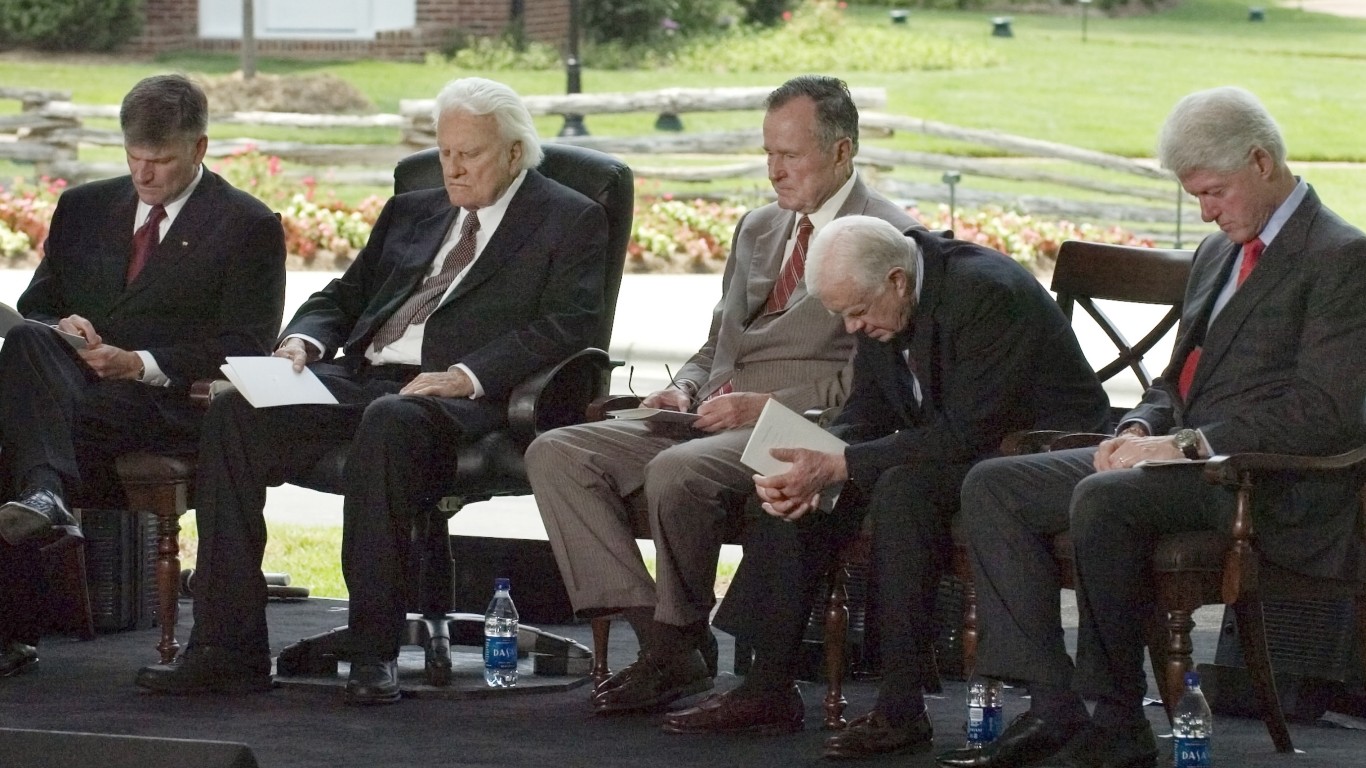
He converted to evangelical Christianity
Carter’s gubernatorial loss in 1966 was an emotional and psychological setback, and he declared himself a born again Christian after that failed run. He was known for praying frequently as president, and his open expression of his religious beliefs is said to have contributed to the political engagement of many evangelical Christians. Carter’s sister Ruth Carter Stapleton embraced charismatic Christianity herself and claimed that she had spoken in tongues and practiced faith healing.
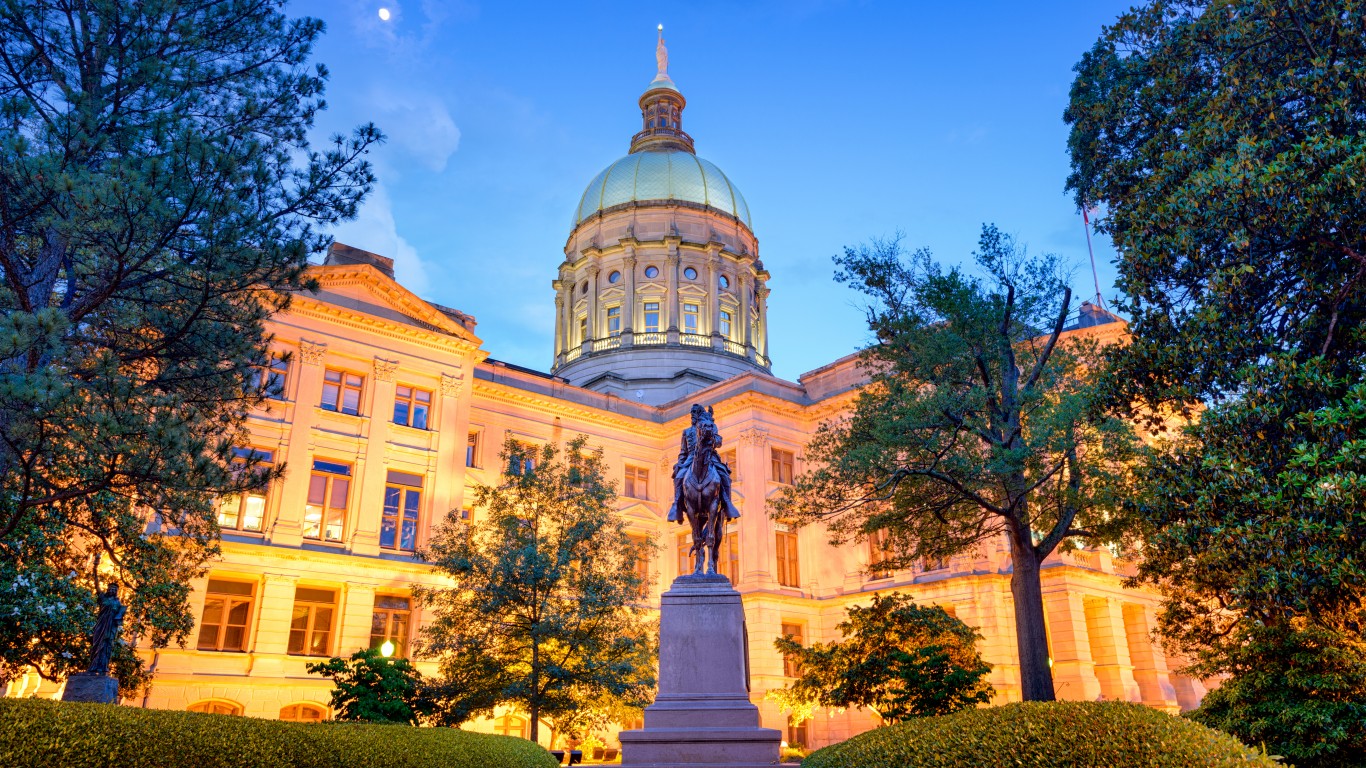
His parents were in public service
Public service was in Carter’s DNA. His father, Earl, served in the Georgia state legislature. His mother, Lillian, a registered nurse, went to India as a member of the Peace Corps at age 68, just after the organization was started under President John F. Kennedy.
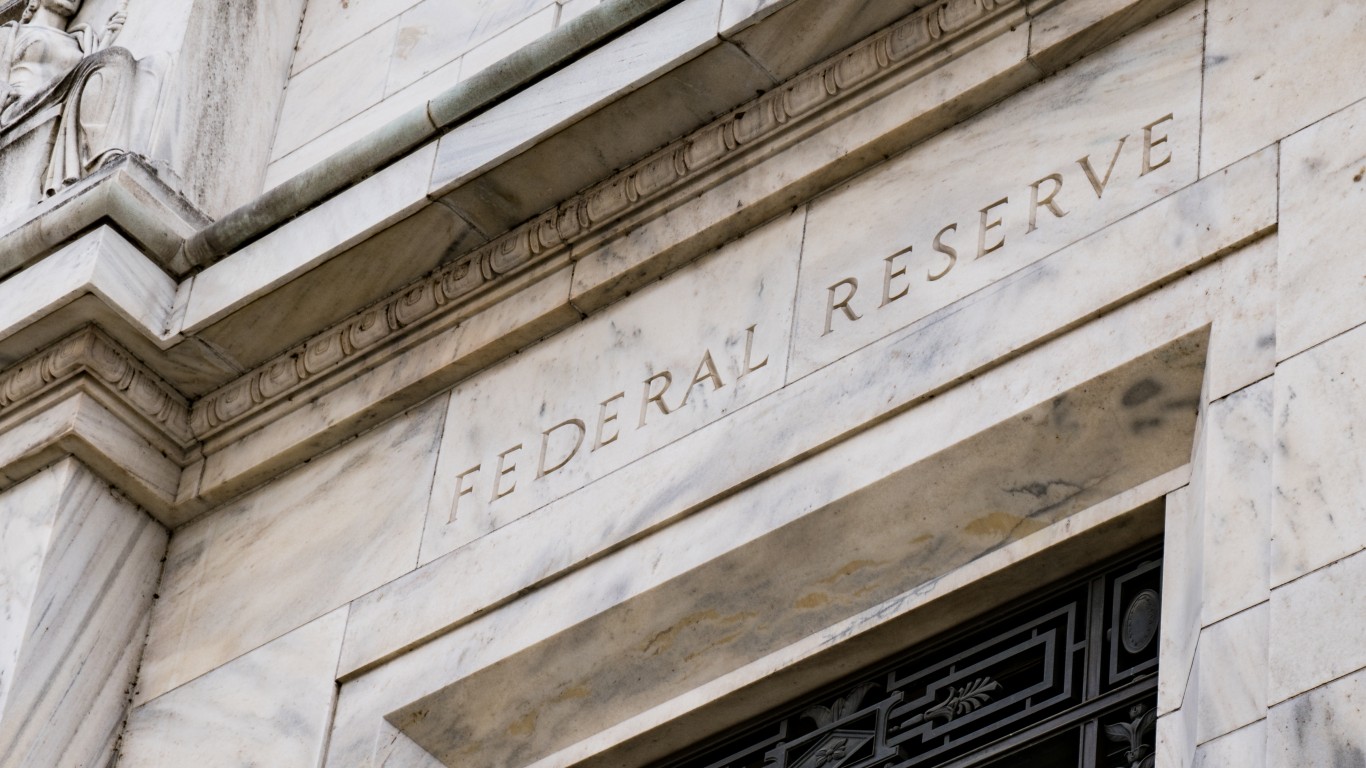
He was a fiscal conservative
Carter was not cut from the liberal cloth as contemporary Democrats such as Ted Kennedy or Walter Mondale. He adopted financial disciplines he’d learned from running his family’s peanut business, such as zero-based budgeting, and consolidated government agencies to save money. While Ronald Reagan got credit for taming inflation, it was Carter who helped put that in motion by appointing Paul Volcker, who pushed for higher interest rates as an inflation control, as Federal Reserve chairman in 1979.
[in-text-ad-2]
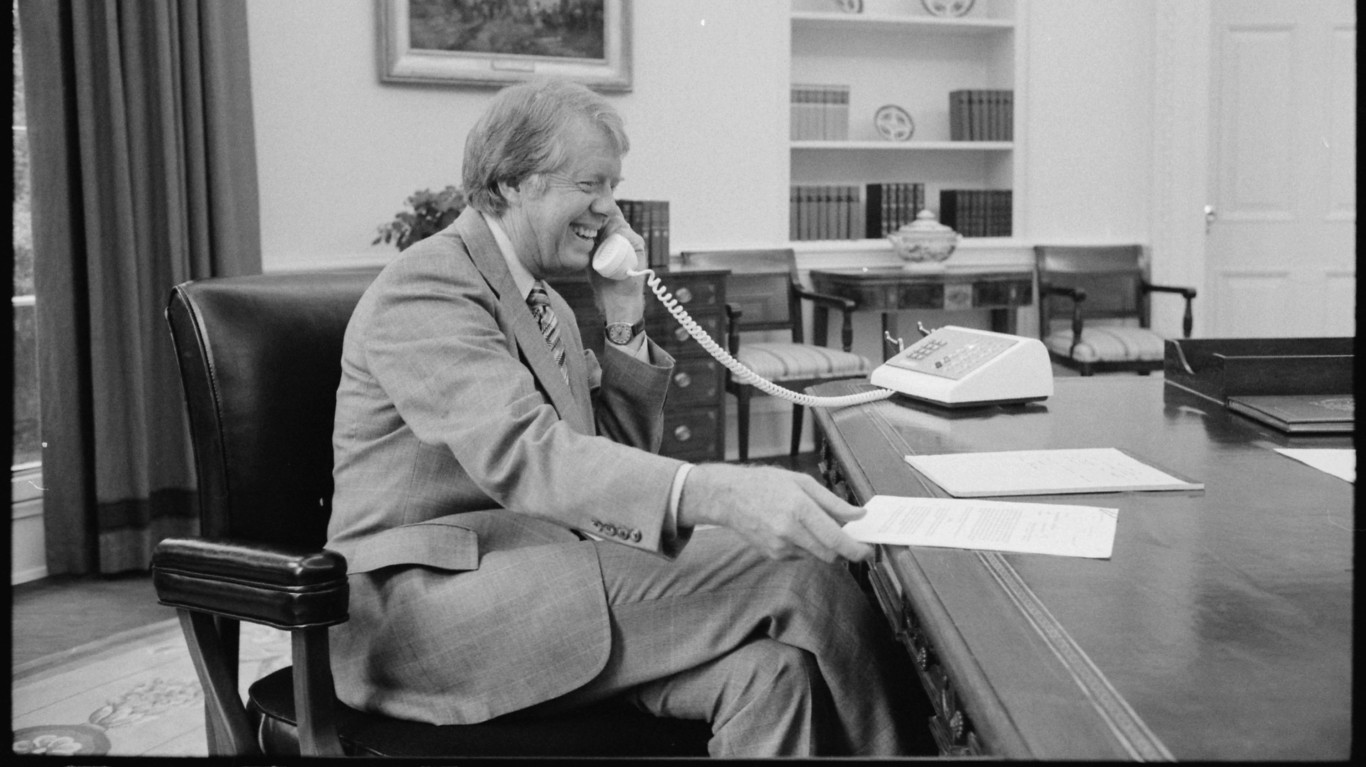
He gave state government jobs to minorities
After Carter was elected Georgia’s governor in 1970, he opened up the state’s government jobs for African-Americans and women – starting with the hiring of Georgia’s first Black highway patrolman.
He greeted freed hostages
American embassy personnel in Iran were held hostage in Tehran for 444 days, and were released just after Ronald Reagan was inaugurated as president in 1981. Reagan asked Carter to fly to West Germany to greet the freed hostages, and he did so.
[in-text-ad]
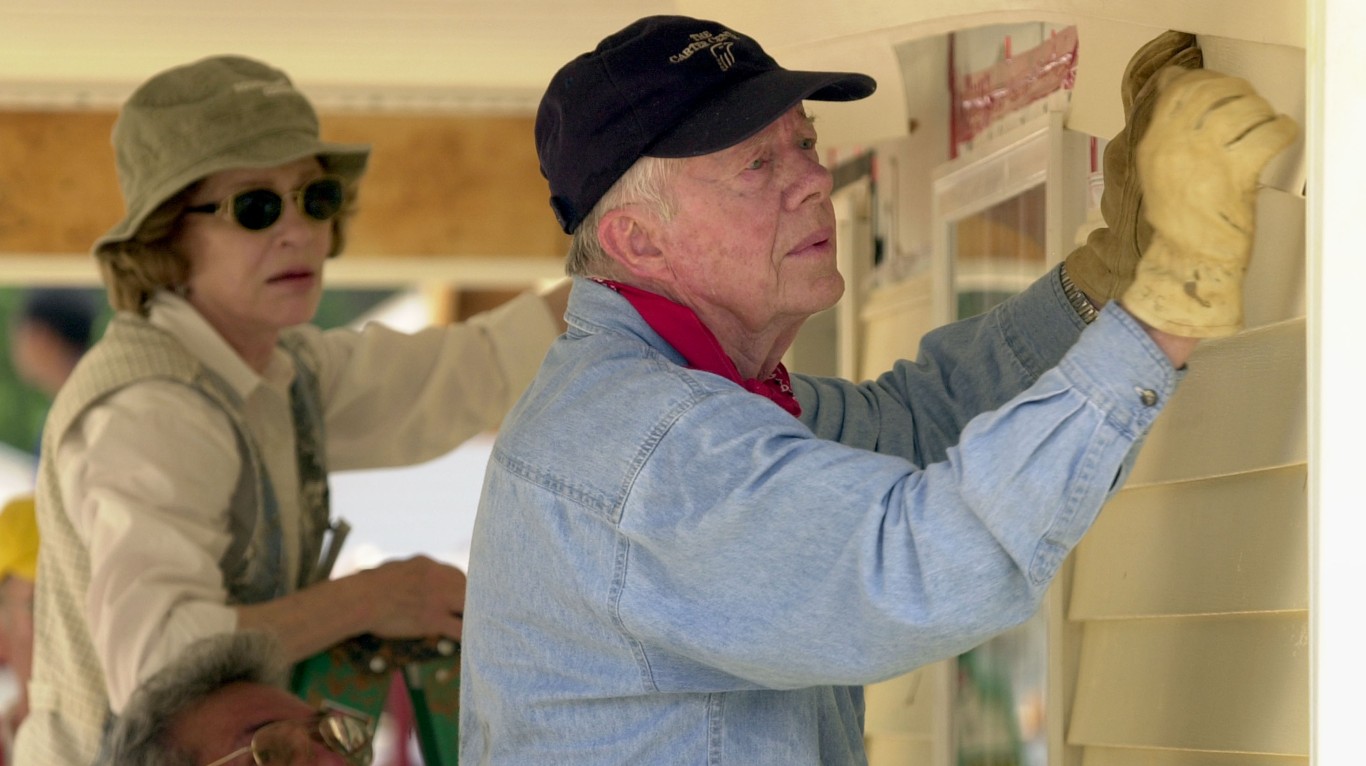
He worked tirelessly for Habitat for Humanity
Carter partnered with Habitat for Humanity after leaving the presidency. The organization endeavors to create affordable housing by building homes for the poor. According to the organization’s website, “Jimmy Carter and former first lady Rosalynn Carter have been tireless advocates, active fundraisers and some of our best hands-on construction volunteers.”
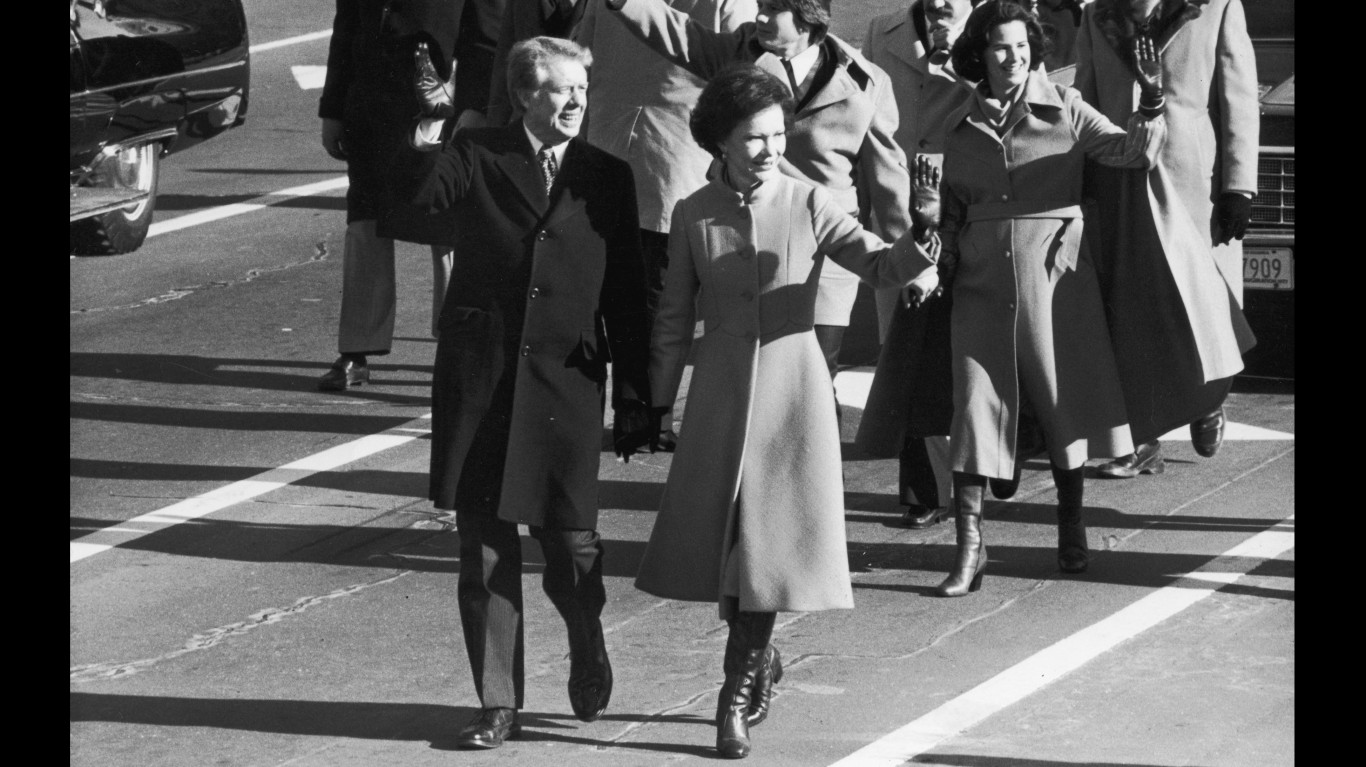
His record as a human rights advocate was mixed
As president, Carter’s advocacy of human rights helped define his administration, as he pressed for national sovereignty in countries around the world, distanced the U.S. from right-wing regimes, and attempted to normalize relations with Cuba. He later founded the Carter Center, an NGo dedicated to human rights advancement around the world. However, as president, he was criticized for not doing enough to distance his administration from repressive anticommunist governments in countries such as Nicaragua, El Salvador, and Guatemala.
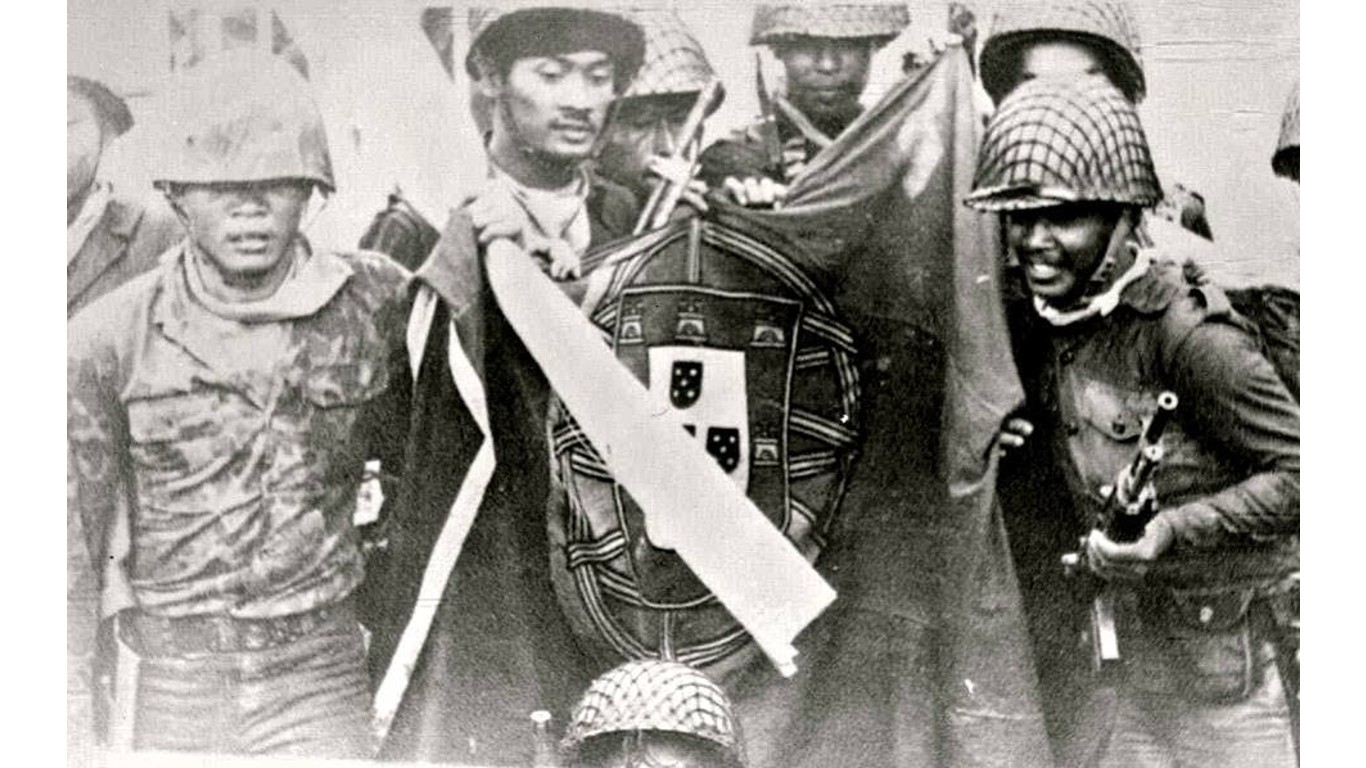
He supplied arms to Indonesia
A coup in Portugal in 1974 led that nation to divest its colonial holdings. One was East Timor, an island country on the Malay Peninsula near Indonesia. The Indonesians feared that East Timor would become communist, so it invaded the island. Indonesia was running out of military equipment, however, and the Carter administration approved sales of fighter jets and ground-attack bombers to the Indonesian dictatorship. This has been seen as another failure of Carter’s human rights advocacy, because Indonesia’s soldiers raped and murdered locals as its government blocked free elections in the country. (In 2002, after 24 years of Indonesian occupation and two years of United Nations supervision, East Timor finally gained independence and a new name, Timor-Leste.)
[in-text-ad-2]
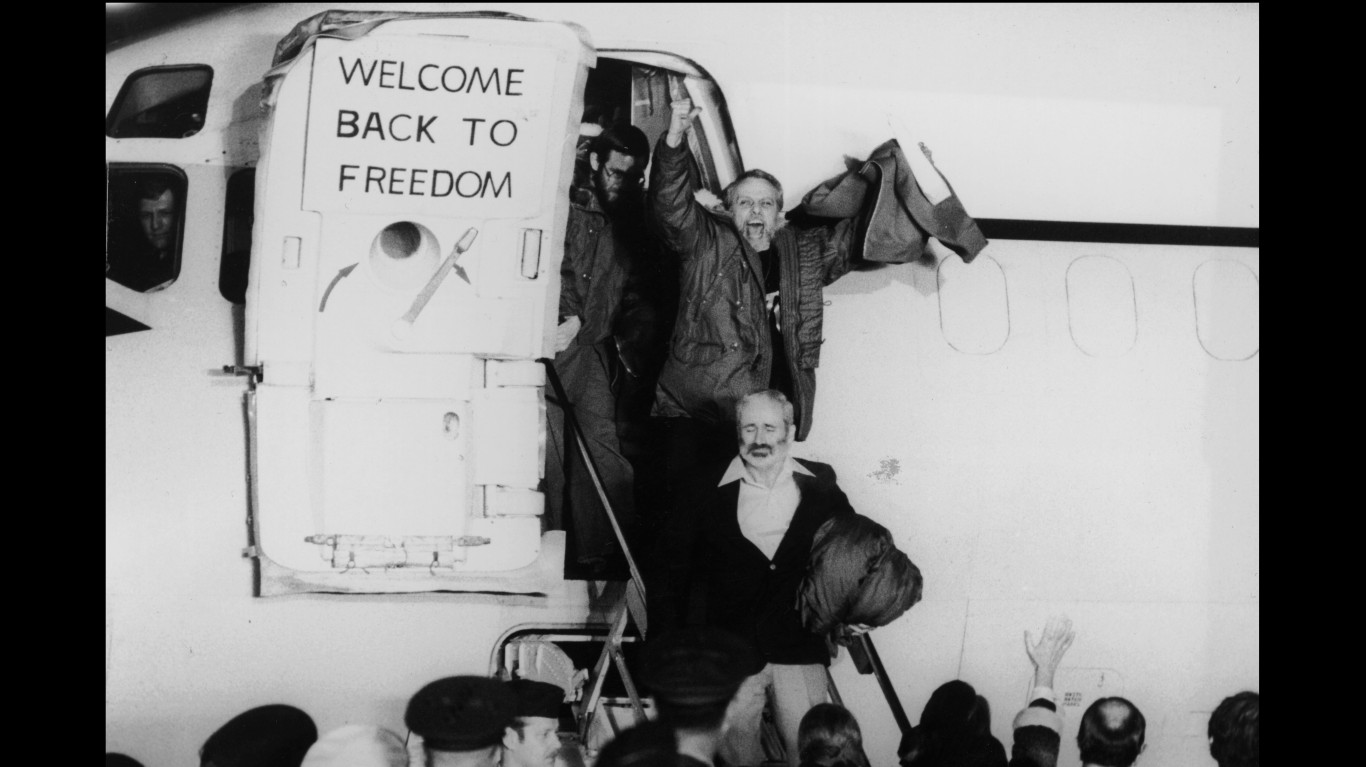
He bears some blame for the Iran hostage crisis
American embassy personnel in Iran were held hostage for 444 days, and the crisis haunted the second half of Carter’s term as president. Following the Iranian Revolution, college students supported by the newly installed fundamentalist regime seized the U.S. embassy and held 52 United States diplomats and citizens hostage. The crisis was triggered when President Carter allowed Iran’s deposed Shah, a pro-Western ruler who had fled the country months earlier, to come to the U.S. for cancer treatment.
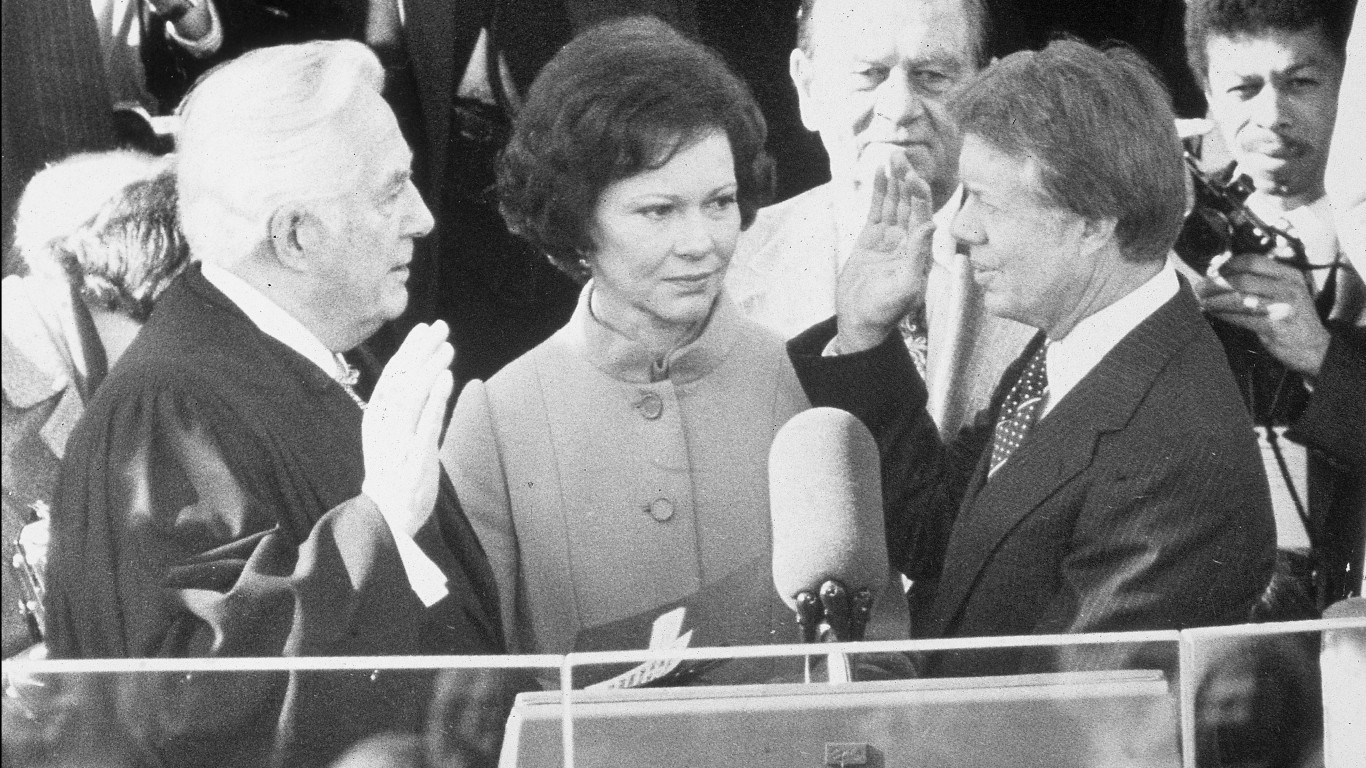
He made minority judicial appointees
Carter’s term as Georgia governor was distinguished by his making state government jobs available to minorities and women. He continued his policy of inclusion as president by appointing 57 judges of color and 41 women to federal courts.
[in-text-ad]

He was a conservationist
In the waning days of his administration, Carter signed the Alaska Lands Act that set aside 104 million acres of Alaska for parks and refuges – an action he said “may be the most significant domestic achievement of my political life.”

He won three Grammys
Carter scored nine Grammy nominations for Best Spoken Word Album, for recordings reading his various books, and won three times, in 2007, 2016, and 2019.
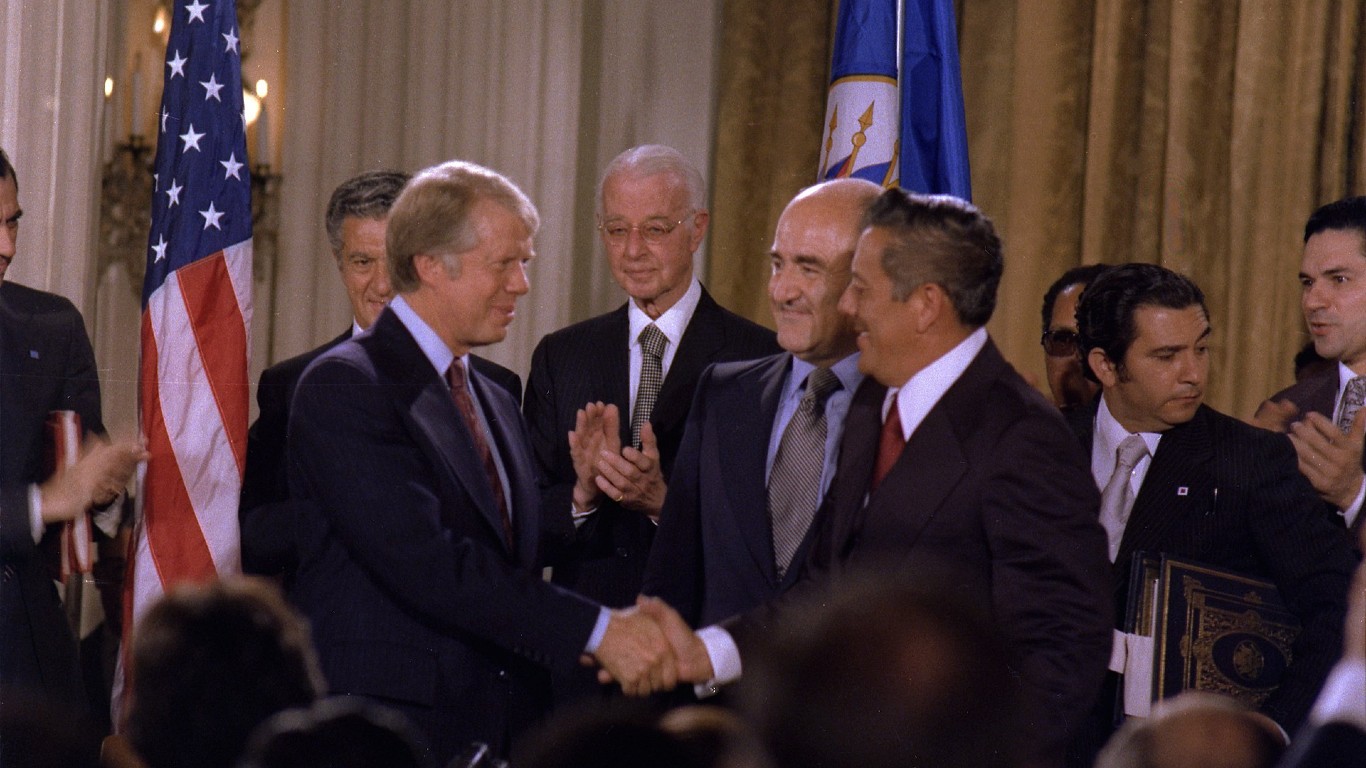
He brokered the Panama Canal Treaty
Carter won plaudits in Latin America for an agreement in 1977 that turned over control of the Panama Canal to Panama at the end of 1999. The accord also guaranteed the neutrality of the waterway. The treaty helped improve relations in Latin America by distancing the U.S. from its neocolonial past in that region of the Western Hemisphere.
[in-text-ad-2]
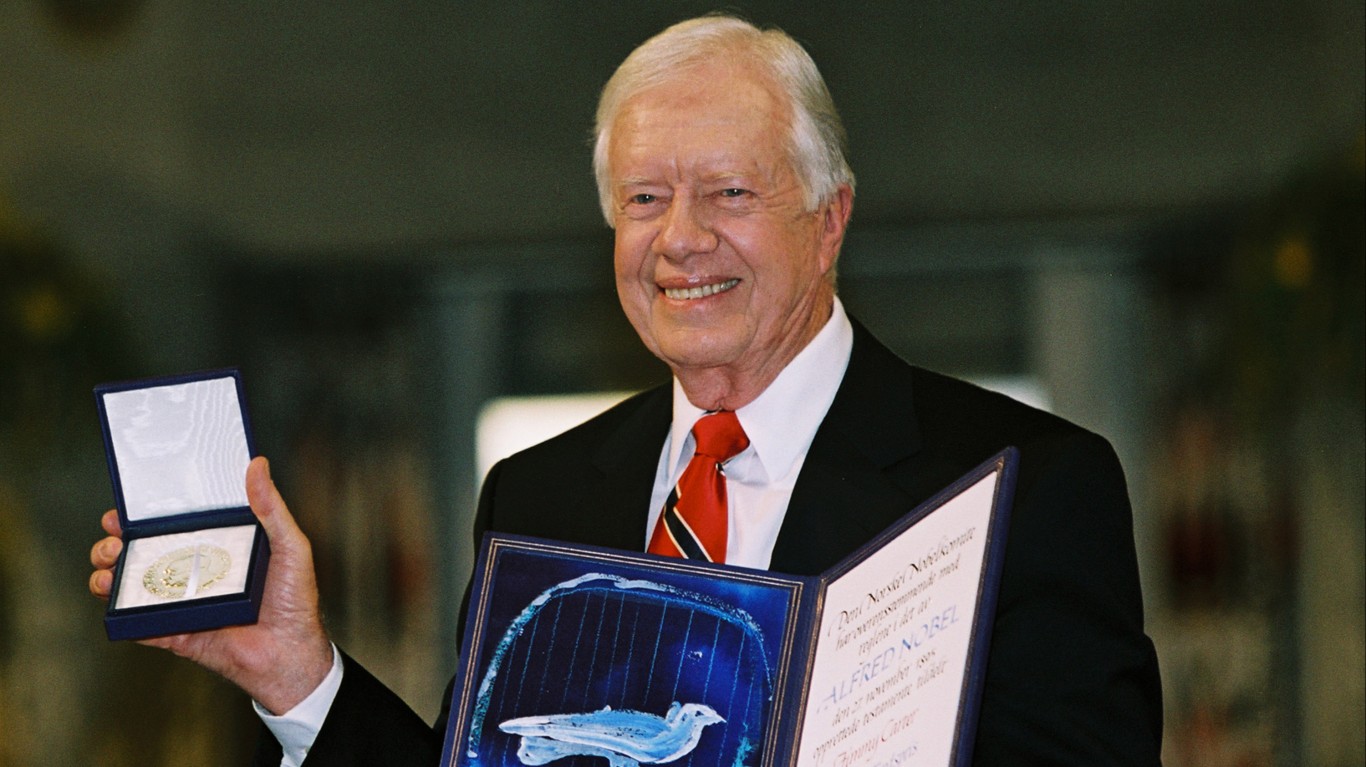
He continued working for peace after his presidency
After serving as president, Carter worked for peace in war-ravaged Ethiopia and Bosnia, and in unpredictable and dangerous North Korea – efforts that collectively helped him win the Nobel Peace Prize in 2002, an honor many people thought he should have received 24 years earlier for his role in brokering the Camp David Accords between Israel and Egypt. He became the fourth U.S. president to win the prize.
In 20 Years, I Haven’t Seen A Cash Back Card This Good
After two decades of reviewing financial products I haven’t seen anything like this. Credit card companies are at war, handing out free rewards and benefits to win the best customers.
A good cash back card can be worth thousands of dollars a year in free money, not to mention other perks like travel, insurance, and access to fancy lounges.
Our top pick today pays up to 5% cash back, a $200 bonus on top, and $0 annual fee. Click here to apply before they stop offering rewards this generous.
Flywheel Publishing has partnered with CardRatings for our coverage of credit card products. Flywheel Publishing and CardRatings may receive a commission from card issuers.
Thank you for reading! Have some feedback for us?
Contact the 24/7 Wall St. editorial team.
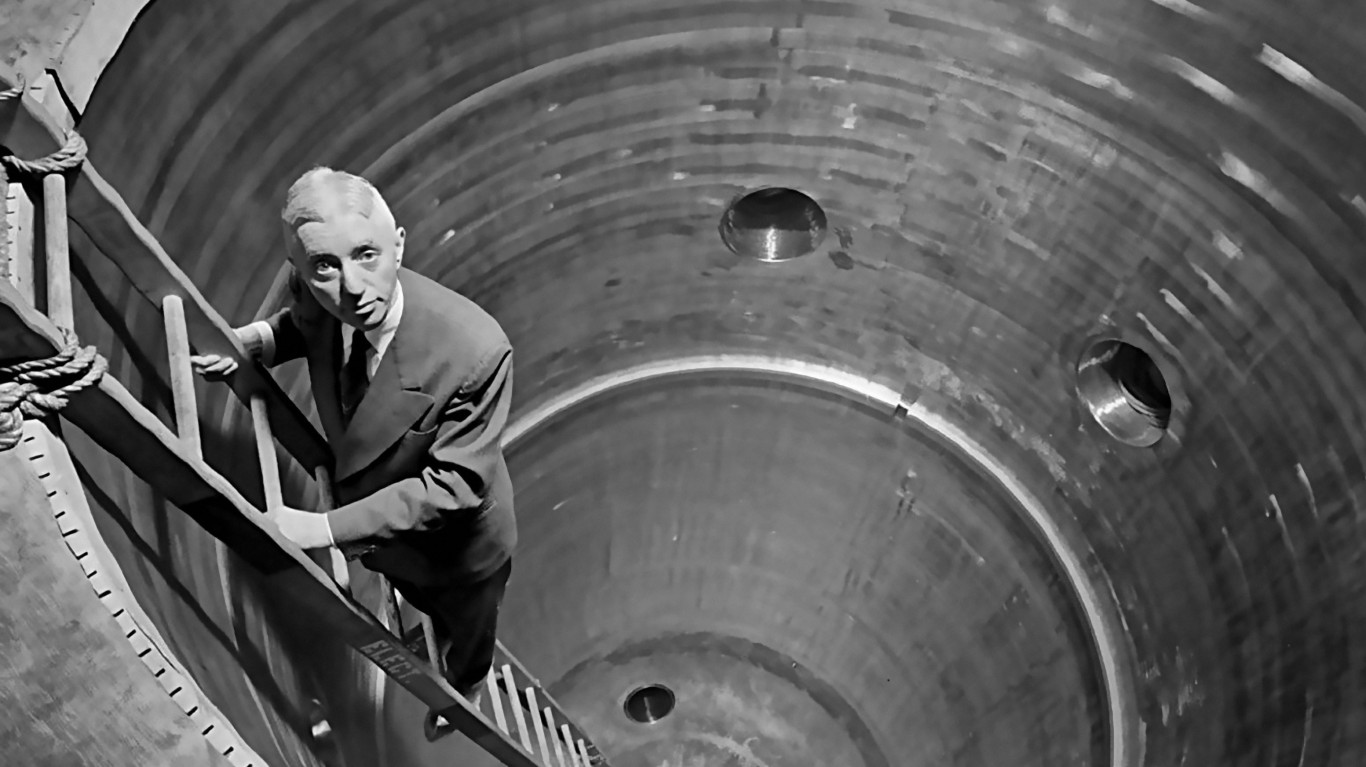
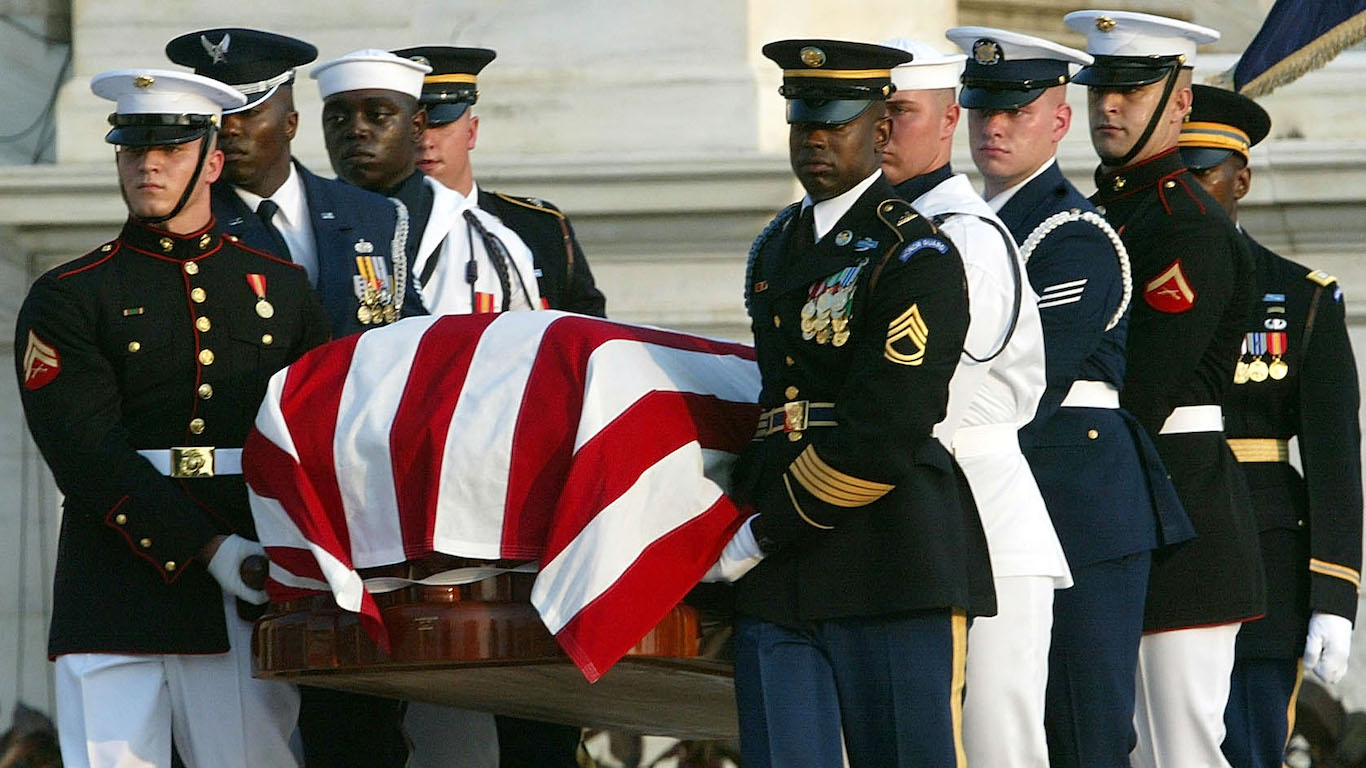 24/7 Wall St.
24/7 Wall St.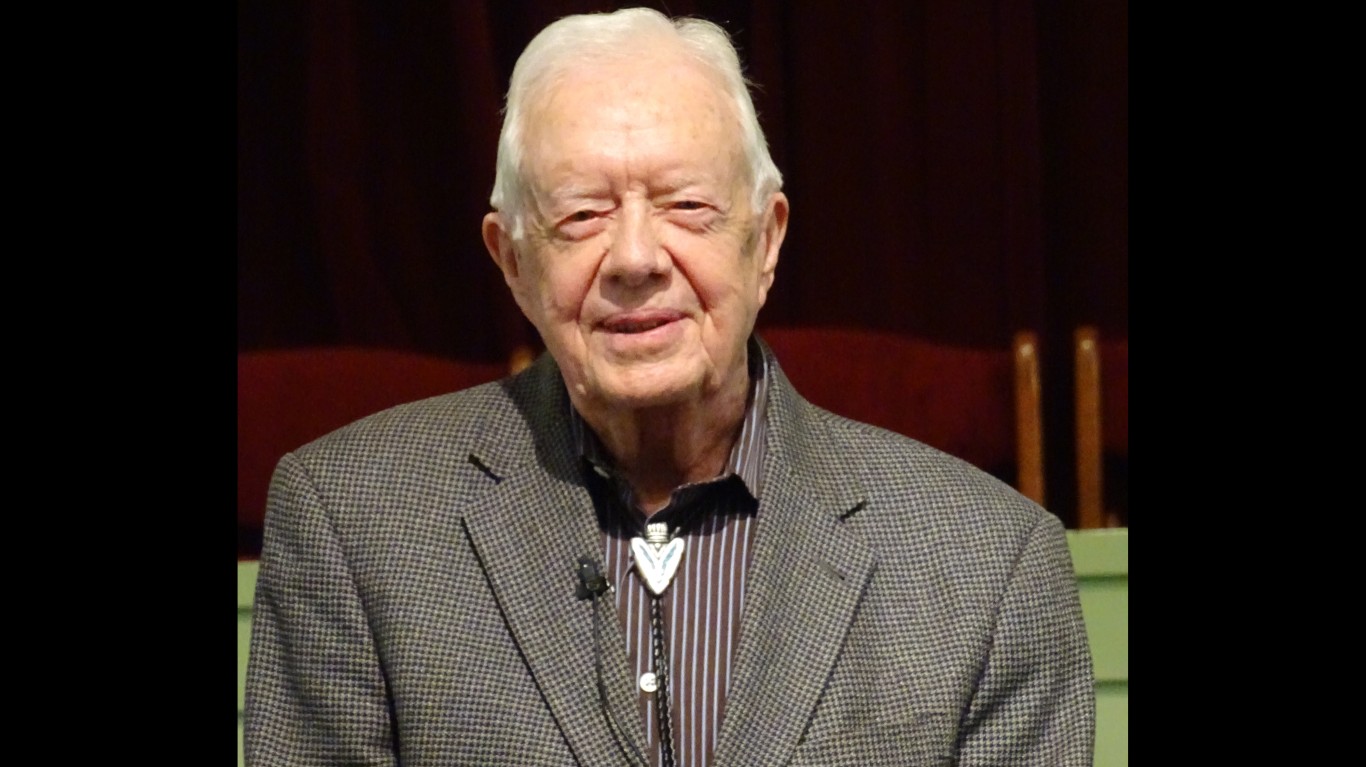
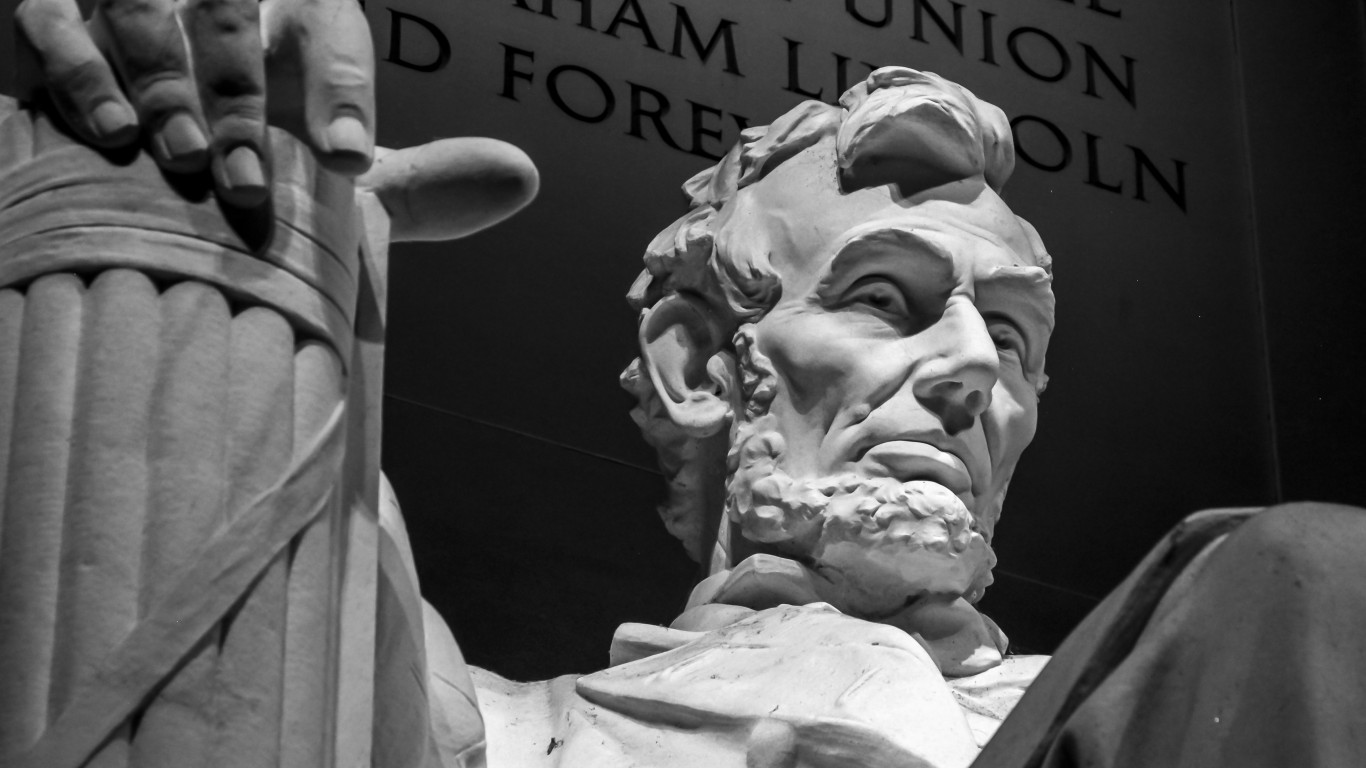 24/7 Wall St.
24/7 Wall St.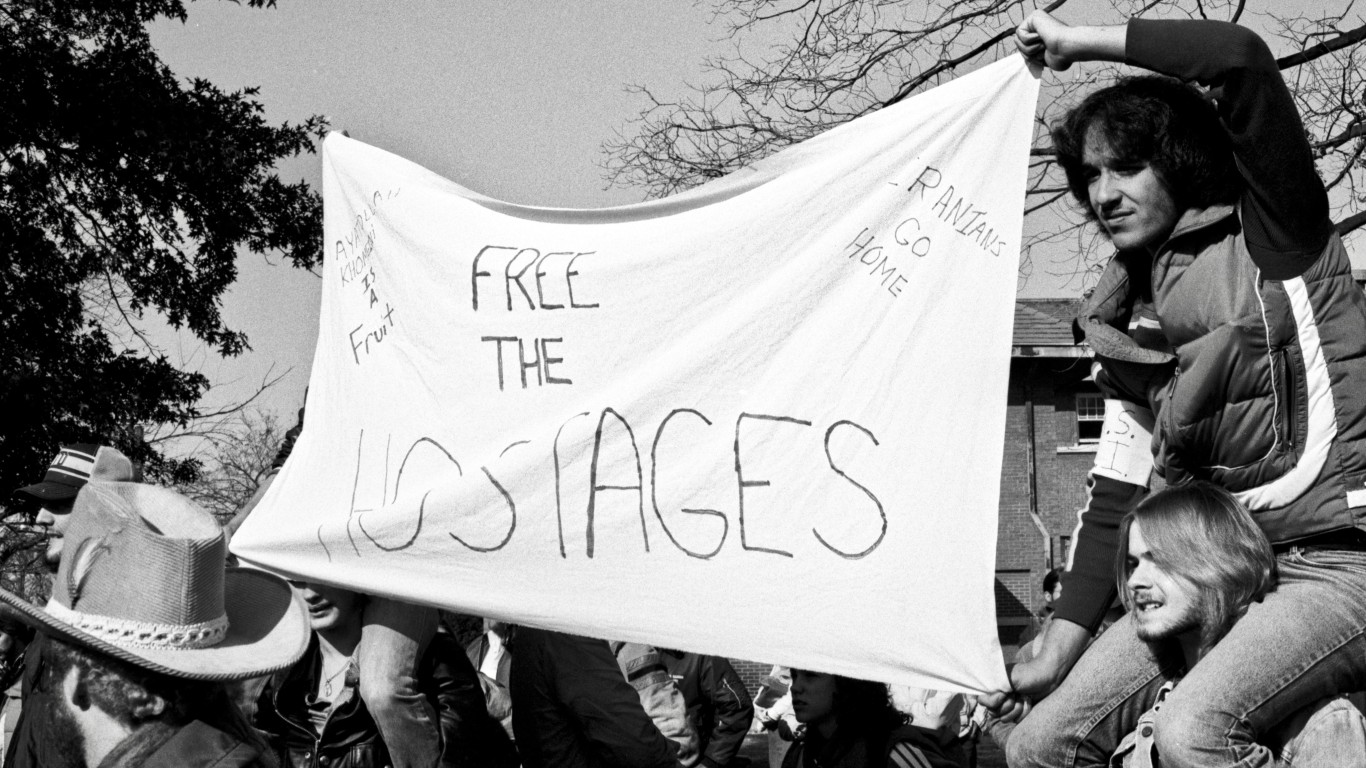
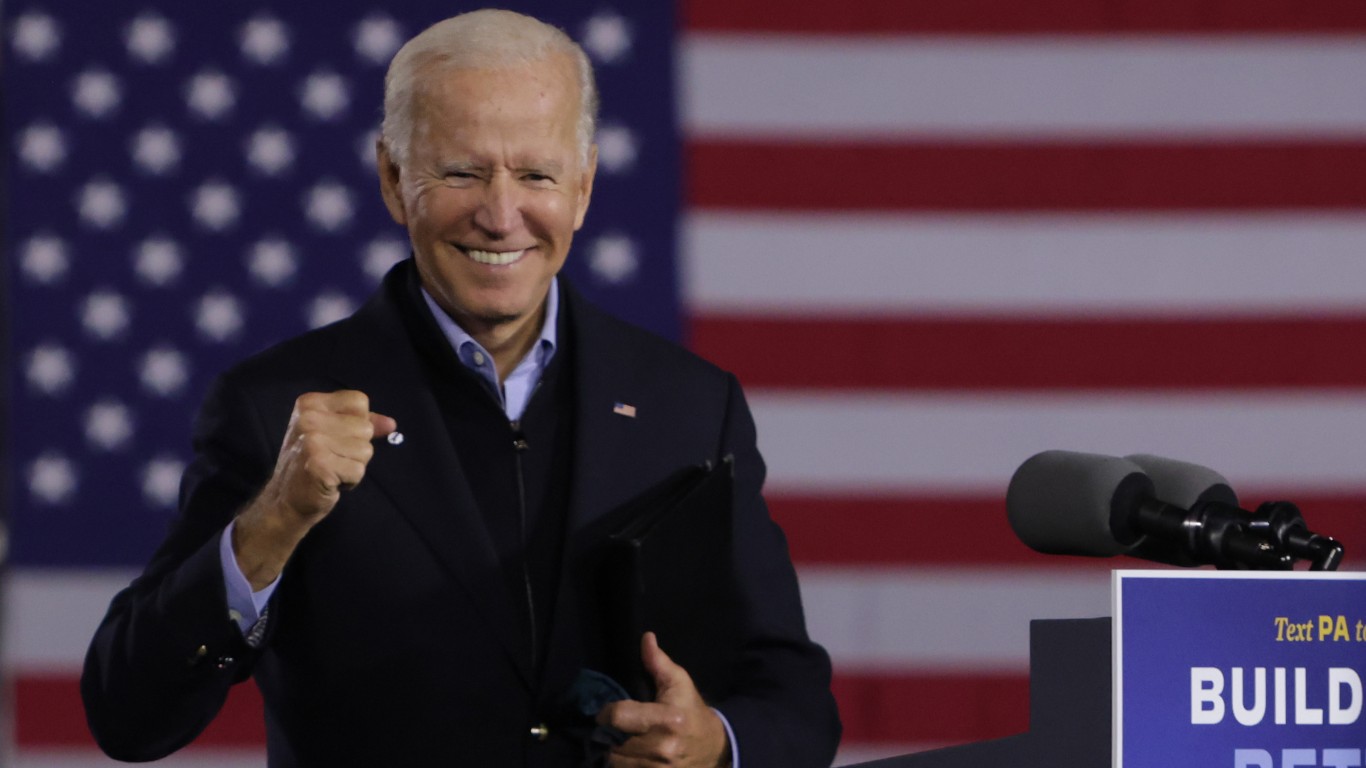 24/7 Wall St.
24/7 Wall St.